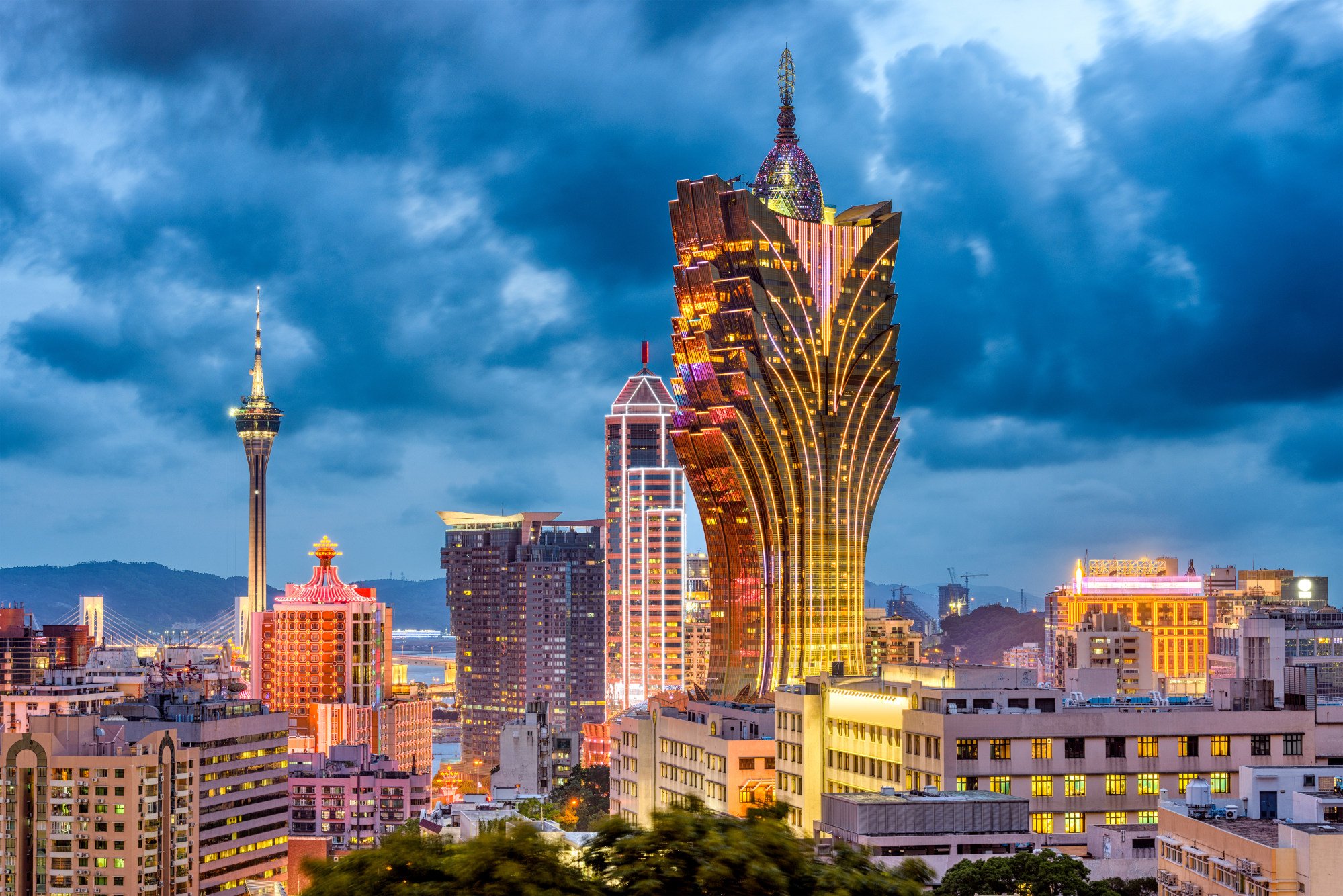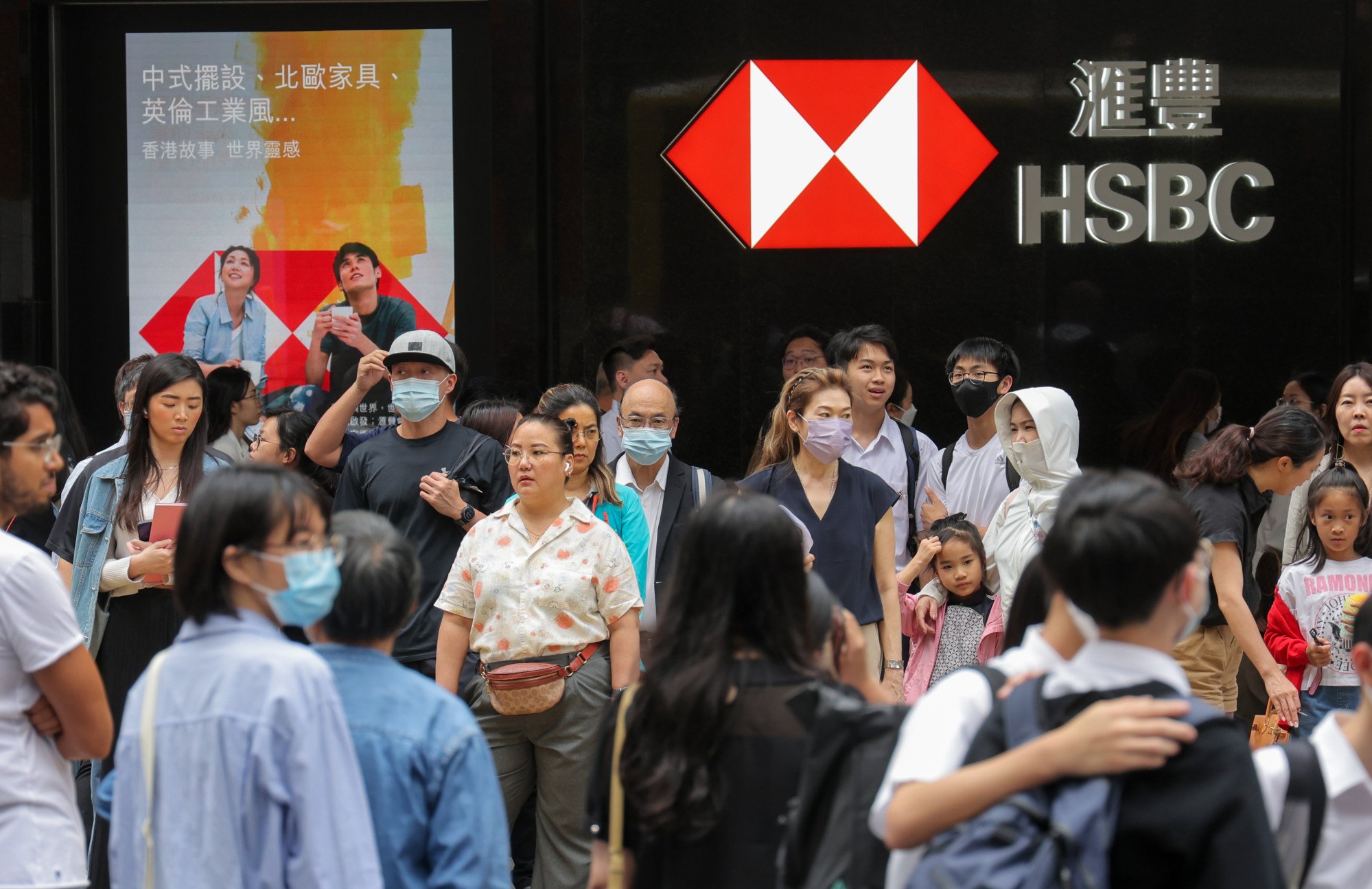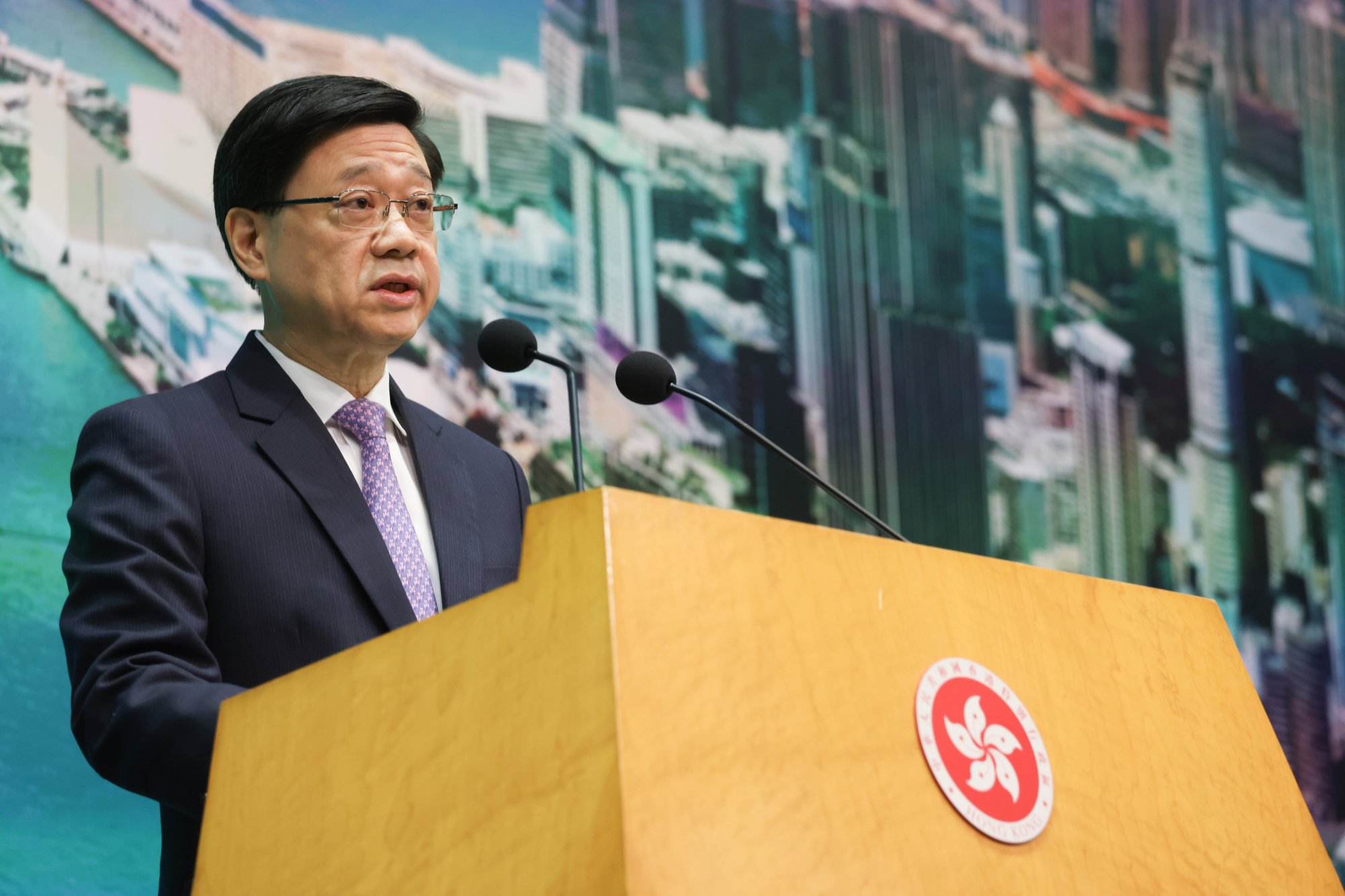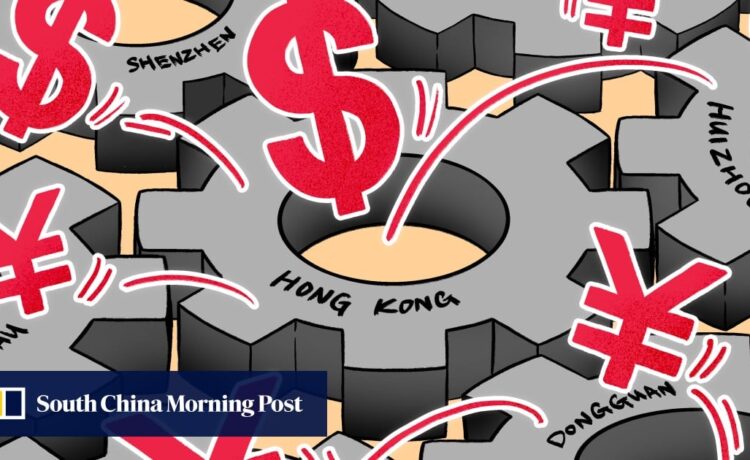Developments like these have enticed high-net-worth individuals from the mainland to use Hong Kong as a base to manage their investments and diversify their portfolio.

“I am very impressed by the thoughtful and excellent quality of service provided by financial advisers in Hong Kong,” said a businesswoman from Guangzhou who only wanted to be identified by her surname Li and was equally reluctant to furnish details about her investments. She frequently travels between mainland China and Hong Kong to see her two teenage children studying here.
“I often seek advice from my relationship manager, who is like a friend, on a wide range of matters. And as Hong Kong offers an extensive array of investment products, my relationship manager selects products based on my preferences and explains them to me.”
The demand for wealth management, investment and insurance from the 86 million people in the Greater Bay Area is huge. It is their buying power that has driven the growth of Hong Kong’s wealth sector over the last five years despite three years of interruption caused by the Covid-19 pandemic that brought travel to a near standstill between Hong Kong and the mainland from 2020 to 2022.
Beijing continues to take steps to support capital flow between Hong Kong and the Greater Bay Area.

The scheme, launched in September 2021, was the first plan tailor-made for the development zone. It allows 24 banks to sell Hong Kong investment products to residents in the bay area’s mainland cities through 31 partners.
Hongkongers waking up to bay area potential – but more needed, say experts
Hongkongers waking up to bay area potential – but more needed, say experts
As of December, the scheme had attracted 69,000 investors, who had invested 12.8 billion yuan, according to government data. This represented only 4.3 per cent of the scheme’s total quota of 300 billion yuan.
Covid-19 travel restrictions, restrictive individual quotas and lack of product choice were the reasons for the lacklustre response to the scheme, according to bankers.
The border reopening in January last year helped move things along, with official data showing cross-border remittances related to the Wealth Management Connect scheme rising almost four times year on year to 10.59 billion yuan in 2023.

“Banking and wealth-management services demand from the mainland Chinese, particularly those from the GBA, has been continuously growing in recent years,” said Maggie Ng, head of wealth and personal banking at HSBC Hong Kong.
“Our goal is to provide investors in the GBA with a wider range of investment options that cater to different wealth planning objectives and market conditions.”
BOCHK has seen cross-border account openings rise fourfold year on year in 2023 and the trend is set to continue after enhancements to the Wealth Management Connect scheme later this month.
Wealth Management Connect enhancements to boost Greater Bay Area sales: banks
Wealth Management Connect enhancements to boost Greater Bay Area sales: banks
“Hong Kong, as an international financial centre, can offer a wide range of investment products and services to the Greater Bay Area residents,” said Arnold Chow, deputy general manager of the personal digital banking product department at BOCHK. “BOCHK is preparing to widen its product choice for the Wealth Management Connect scheme investors.”
Standard Chartered is also expanding its wealth products for mainland investors to 140 from about 100, while Hang Seng Bank is increasing its offerings to 220 from 140.
Ng, a Hongkonger who frequently travels to the mainland for business and leisure, plans to increase his investments via the wealth connect scheme.
“I think the increase in the personal investment quota to 3 million yuan is still insufficient,” Ng said, who only wanted to be identified by his surname. “However, I believe it is prudent to take a gradual approach to enhance the Wealth Management Connect scheme. I may consider buying Greater China funds to diversify my portfolio.”
Apart from the wealth connect scheme, many rich Greater Bay Area residents are keen on setting up family offices in Hong Kong to invest their wealth, handle succession planning and undertake charity work.

The CIES, announced on December 20 and better known as the investment-migration scheme, offers a faster route to residency for individuals who invest at least HK$30 million in the city’s stock market or other assets, excluding residential property.
“Greater Bay Area families see great value in these incentives as they provide opportunities to optimise their wealth management strategies and enhance their financial position,” Fong said. “Hong Kong serves as a gateway to international opportunities, enabling mainland investors to diversify their portfolios and tap into global markets.”
Travel between Hong Kong and the other Greater Bay Area cities, which takes only one to two hours via high-speed trains, as well as an active capital market and a wide range of investment services, are some of the other reasons rich individuals from the mainland use the city to manage their wealth, he said.
The Hong Kong government’s tax incentives and other measures since travel restrictions were lifted in January last year have attracted wealthy families, according to Kwan Chi-man, co-founder and group CEO of Raffles Family Office, which has operations in Hong Kong and Singapore.
“The intention of wealthy families to invest in Hong Kong has always been there as the city has always been a go-to destination,” Kwan said. “The GBA is one of the wealthiest regions in the world. We have been strengthening our teams and have made some very strategic senior hires last year in this region.”
Between January and September 2023, sales of policies to mainland Chinese customers surged to HK$46.8 billion, or 32 per cent of the total, compared with HK$1 billion a year earlier when the border was closed because of Covid restrictions, according to data from the Insurance Authority.
Total new life insurance sales rose 30.6 per cent in the first nine months of last year to HK$146.5 billion, from HK$112.2 billion a year earlier. This was also 4.8 per cent higher than the HK$139.8 billion recorded in the same period of 2019.
“The appeal of [Hong Kong for GBA residents] lies primarily in their trust in Hong Kong’s well-established regulatory framework and reputation as a global financial hub,” said Patrick Graham, CEO for Hong Kong and Macau at Manulife, the largest pension provider in the city.
“Moreover, Hong Kong offers a wide range of insurance products that cater to the diverse needs of mainland GBA residents.”
HSBC Life, which has wholly owned insurance operations in eight of the 11 cities of the Greater Bay Area, has also seen rising demand for insurance products.
Since the end of the pandemic, mainland visitors have been clamouring for products to manage their wealth and health, according to Edward Moncreiffe, CEO for Hong Kong and Macau at HSBC Life.
“Our strategy is to meet the onshore and offshore needs of our customers across Hong Kong, Macau and Guangdong,” Moncreiffe said.
Meanwhile, the outlook for Hong Kong looks as bright as ever. Plans are afoot by the central government to set up two insurance after-sales service centres in Nansha and Qianhai to serve customers who have bought policies in Hong Kong, with an official announcement to come at a later date.

















